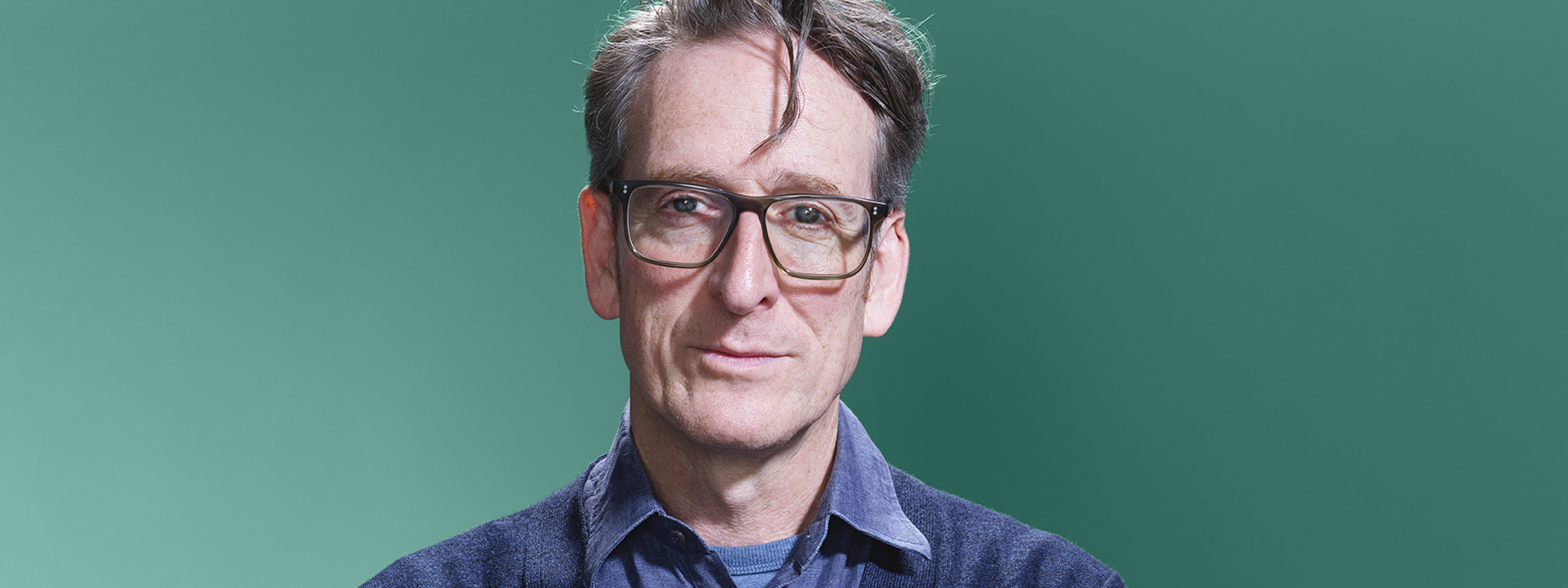Charles Vallance in Campaign: Be the Antidote
news
Agency News
Published by
Charles Vallance
Date
19/08/2024
The world is in many ways becoming more complex and difficult to navigate.
Social media means that our sources of authority are under threat, making it more difficult to sift fact from fiction.
On a more prosaic note, trying to watch a programme on TV can now require a delicate choreography between numerous pieces of hardware and an arcane set of password-protected streaming services. I know several households where the television interface has got so complicated that only one person understands it. And if they are out, the television remains stubbornly off, a surly, rectangular reminder of how complicated things have got.
The narrative that the world is becoming ever-more complex is, of course, an inherently pessimistic way of looking at things. It is understandable, and it is often accurate, but it doesn't tell the whole story.
It doesn't tell the whole story because of what might be called the Antidote Motive. This is the motive that means, as a species, we naturally resist dominant forces that threaten us with conformity. We see this in politics, where democracy tends to win out over tyranny, even though tyranny is able to defend itself far more brutally than democracy. And we also see it in consumer markets where the discrimination of the commercial electorate helps to ensure plural rather than monopolistic outcomes.
Some of my favourite examples of the antidote motive involve naysayers who are proved wrong. For instance, when the synthesiser was invented, it was predicted that electronic music would kill acoustic music. In fact, it led to a revival of acoustic music and the emergence of whole new acoustic genres. Rather than one format dying, both electronic and acoustic music flourished.
Similarly, when the VCR started to gain mass adoption in the mid 70's, this was seen by many as the death knell for cinema. In fact, it was the catalyst for a revival. Cinema-going had been in decline and was reinvigorated by a whole new generation of talent and titles (Star Wars, Jaws, ET, Raiders of the Lost Ark etc). Again, both formats flourished. The antidote motive prevented an over-dominance of either outcome.
Simplicity sells, and our expectations of simplicity are raised with every innovation that makes life easier. Thus our tolerance for complexity diminishes as fast as our desire for its antidote grows. Charles Vallance
An example of naysaying from our own industry is the fashionable belief that it's all 'gone digital'. This has been the orthodox view since the launch of the iPhone, if not before. But the truth is that only about half of advertising has gone digital. And that half has been additive rather than substitutional. According to WARC Media, more ad money is spent globally on old school linear TV than it was five years ago (up from $156bn to $163bn in real terms). This growth is admittedly negligible when compared to the growth of global ad spend on Meta's platforms (up from $84bn to $156bn), but a total sales value of $163bn still isn't bad.
To contradict and paraphrase The Buggles all in one go, video didn't kill the movie star any more than digital killed TV. They have thrived and flourished together, The big news from the above data isn't simply that Meta's ad sales have grown by almost 100%. It's also that we're working in an industry which, in terms of total spend, has grown by over a third in five years.
One of the reasons it has grown, is that strong brands understand the role they must play as antidotes. In a world that can seem more complex and more confusing by the day, there is one antidote that is valued more than any other. It is to be found at the heart of all the world's leading brands. It is the remedy to complexity, and the answer to confusion. The antidote that most motivates consumers is their urge for simplicity.
This is the motive that blew Nokia out of the water. This is the motive that revolutionised connectivity, shopping, banking, travel and music, not to mention our access to knowledge. Although in many ways we live in a more complex world, in many ways it is also simpler. It is simpler to call someone, simpler to buy a train ticket, simpler to pay a bill, simpler to listen to the radio, simpler to find out the capital of Sri Lanka.
Simplicity sells, and our expectations of simplicity are raised with every innovation that makes life easier. Thus our tolerance for complexity diminishes as fast as our desire for its antidote grows.
But the problem with simplicity is that it is a continuum rather than a finite state. What once was simple can soon become legacy. The freshest idea inevitably becomes conventional (if it's a good one).
That's why the greatest brands never stand still, and why they tend to be the antidote to a need that is yet unmet. Nobody was asking for a buttonless phone. Until it was invented.


